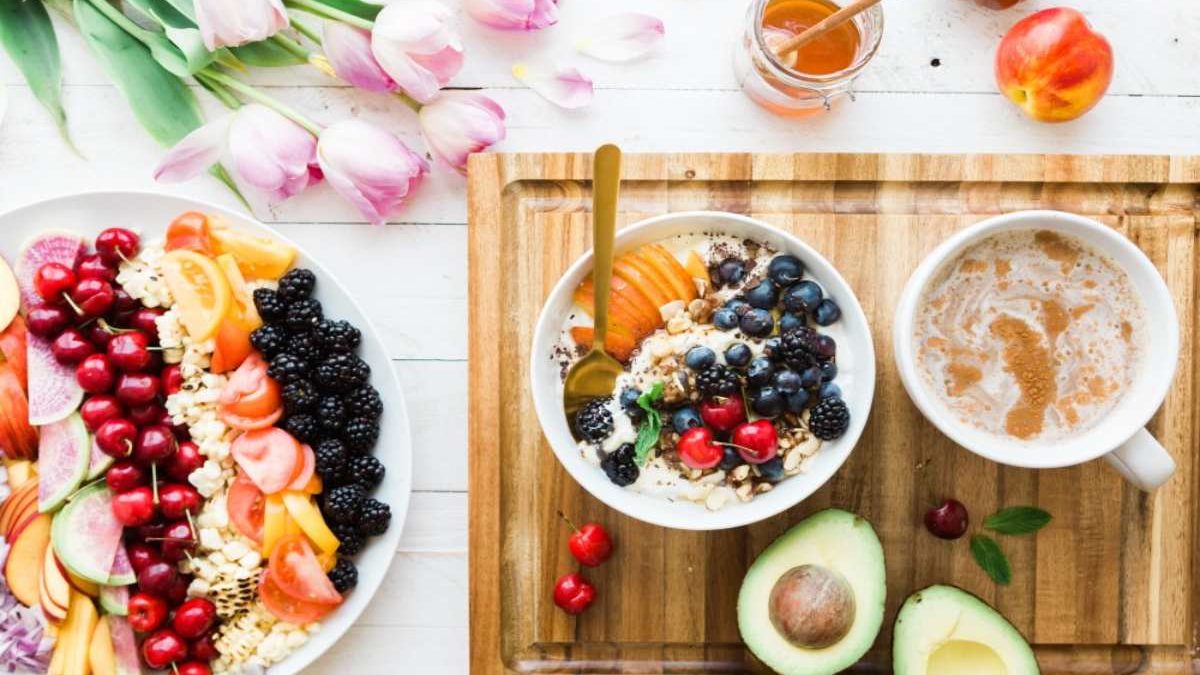Nutrition Myths – When it comes to eating healthy, there is a lot of information out there. Some of it is good advice, but some of it is like myths or stories that people think are true but aren’t. Let’s clear up some of these myths, so you know what’s really good for you.
Just like when you play sweet bonanza slot free play, where it’s all about fun and games, sometimes diet trends can be misleading. They promise quick health benefits or fast weight loss, but they might not always be based on real science. So, let’s bust some common nutrition myths and learn what’s really true.
Table of Contents
Myth 1: You Need to Eat Clean All the Time
“Eating clean” means choosing foods that are not processed and are supposed to be healthier. But the truth is, you don’t have to eat perfectly all the time. It’s about balance. Eating mostly healthy food is good, but it’s okay to have a treat now and then. The key is not to feel guilty about it.
Myth 2: Carbs Are Bad for You
Carbohydrates, or carbs for short, often get a bad rap in the world of dieting, but they’re actually an essential part of a balanced diet. Carbs are your body’s primary source of energy. They power your brain, muscles, and everything you do. Not all carbs are created equal, though.
Whole grains, fruits, and vegetables are causes of good carbs. These not only provide energy but also are rich in fiber, vitamins, and minerals. Fiber, especially, is important because it helps with digestion and keeps you feeling full longer.
On the other hand, simple carbs, found in sugary snacks, soda, and white bread, are the ones to limit. They give you a quick energy boost but can lead to a crash later. Plus, eating too many simple carbs can lead to weight gain and health issues like diabetes. So, while carbs are not your enemy, the key is to choose the right kind.
Myth 3: Fat Makes You Fat
It’s a common misconception that eating fat makes you fat. However, just like carbs, fats are an essential part of a healthy diet. Your body wants fat for energy, to absorb vitamins, and to protect your organs. The trick is to focus on the right kind of body fat.
Healthy fats, like those found in nuts, avocados, and olive oil, are good for your heart and brain. They should be included in your diet in moderation. These unsaturated fats help lower bad cholesterol levels and provide essential fatty acids that your body can’t make on its own.
In contrast, it’s the unhealthy fats you want to watch out for. Trans fats and saturated fats, often found in fried foods, butter, and processed snacks, can raise your bad cholesterol and increase your risk of heart disease. So, while fat is not the villain it’s often made out to be, choosing healthier fats and eating them in the right amounts is important.
Myth 4: Skipping Meals Helps You Lose Weight
Skipping meals might seem like a simple way to cut calories and lose weight, but it can actually backfire. When you skip a meal, you might end up feeling so hungry later on that you eat more than you would have otherwise. This can lead to weight gain instead of loss.
Eating regular, smaller meals throughout the day is a better approach. This helps keep your hunger under control and your energy levels steady. It also helps prevent overeating, as you won’t be ravenously hungry at meal times. Plus, regular meals mean your body gets a steady supply of nutrients throughout the day, which is vital for overall health.
Myth 5: You Need to Drink 8 Glasses of Water a Day
While staying hydrated is important, there’s no magic number of glasses that’s right for everyone. How much water you need depends on many things like how active you are and the weather. Listen to your body; it’ll tell you when you’re thirsty.
Conclusion on Nutrition Myths
Understanding what’s true and what’s not in nutrition can help you make better choices about what you eat. It’s not about following strict rules or believing every new diet trend. It’s about eating a variety of foods, listening to your body, and enjoying what you eat. Remember, what works for one person might not work for another. So, find what’s right for you and your body, and enjoy the journey to eating well and staying healthy.

